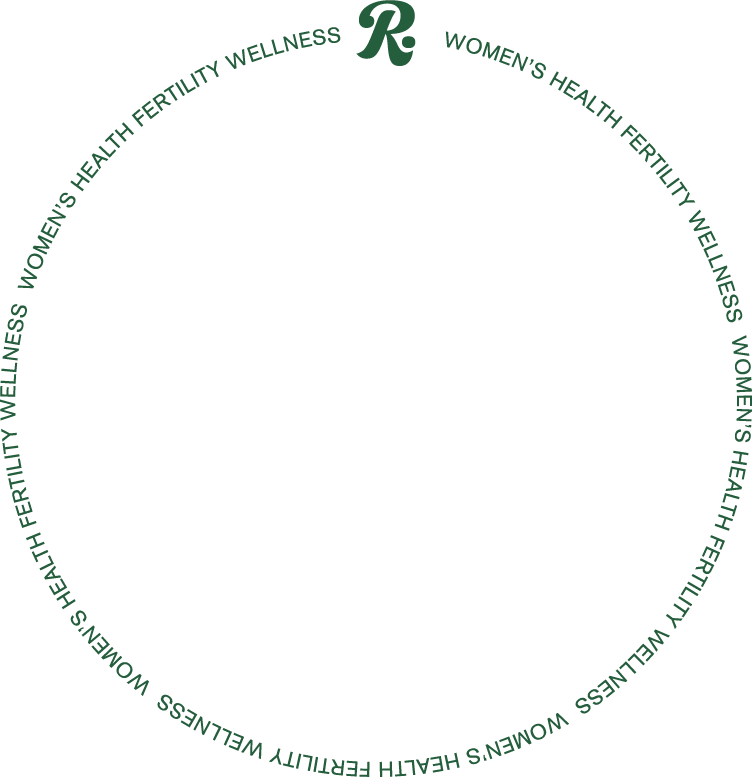How long did it take for you to receive a diagnosis? How old were you when symptoms started? How old were you when you received a diagnosis?
I started experiencing symptoms during my periods when I was 11 years old, and then when I was 14/15 I started experiencing 24/7 pain and symptoms. I started seeing a pediatric gynecologist when I was 13/14, but wasn't officially diagnosed until I was 18 because they didn't want to perform the surgery earlier. So, it took me about 7 years.
What were your initial symptoms? Do you feel they've progressed or gotten better over time? What symptoms do you currently live with?
My initial symptoms were really long, heavy periods, with extreme pain and nausea. The older I got, the worse the symptoms got. I eventually starting having 24/7 pelvic pain, severe food sensitivities and bowel issues, heavy clotting during periods, frequent spotting, long periods. I tried multiple types of birth control, all of which caused a whole myriad of symptoms, frequent migraines being the worst. I've now had 3 endo-related surgeries, the second of which was excision and improved my bowel symptoms greatly. I still have relatively constant pain, fatigue, and decreased mobility (particularly as a result of osteopenia I developed in my hip while I was on Orilissa). I have an IUD, so not as much bleeding, but still have cycle-like symptoms (flunctuating emotions, increased cramping, light spotting, etc).
What was your experience with healthcare professionals during the diagnosis process? Were there misdiagnoses or misunderstandings? Did you experience any dismissive attitudes regarding your symptoms?
I've had a lot of negative experiences with medical professionals. At 18 I got an ablation (which I had to FIGHT for) because that was the only option given to me. I got worse in the months following, forcing me to have to use a cane, and deeply struggling to do tasks seemingly as small as walking between my car and my apartment. I was put on a medication that, unbeknownst to me, put me into menopause; this caused my ovaries to shrink, and my tissue to become so thin and fibrous that my urethra tore during my THIRD endometriosis surgery, this time the gold standard of excision, at 19. I later found out that the doctor who prescribed it gets a monetary kickback from the pharmaceutical company that produces it. I was gaslit and manipulated by medical professionals at seemingly every turn, even if they didn’t realize they were doing it or thought they were doing the right thing.
How do your symptoms/ pain affect your overall wellbeing? Have you experienced any challenges in communicating your struggles to others?
As a late-diagnosed autistic person, I really struggled in the medical system when it came with communicating with others. I've experienced a lot of depression, anxiety, and burn out due to my symptoms and constant interactions with the medical system. The older I've gotten, the better I've gotten at managing the emotional side, but that doesn't mean it doesn't still frequently impact me.
How is your support system? Do you feel supported? Do you feel that your family and friends try to understand and support you?
I don't have many friends, or much social support. My mom is pretty supportive, my dad not so much, but my biggest source of support is my partner, and I couldn't be more thankful for her. I wish I had more friends who experience endo, but I feel we are all in the same boat of not wanting to socialize all the time, or being too exhausted to even if we want to.
How is the quality of your medical care now? Have you found that medical professionals that you trust? Or are you still searching?
I feel really good about my medical care now. My endo specialist treats my pelvic floor PT, acupuncturist, and mental health therapist, as all of them have endo as well. I feel really supported by them. It started with my acupuncturist referring me to my surgeon, who referred me to the pelvic PT. I found the mental health therapist on my own through PsychologyToday.
Are there areas (relationships, work, hobbies) that have been particularly affected by endo?
Relationships 100% (I haven't really been able to make friends, especially in the college environment, because I can't really go out or drink, and find socializing pretty exhausting. It also took me awhile to find such a wonderful, understanding partner). I don't have that many hobbies, particularly that can be done outside of the house. School/work have been impacted in that I've really had to fight for accommodations.
What strategies or treatments have been effective in managing your pain? Are there specific activities or lifestyle changes that have helped to alleviate symptoms?
Getting a good mental health therapist who was knowledgeable in endo/chronic pain and autism has been a life-changer. Excision surgery was amazing for approving my bowel symptoms. Utilizing mobility aids has been helpful. I also frequently get chiropractic adjustments, acupuncture, and massage. I also see a pelvic floor PT. Lifestyle has been finding more vegan alternatives (meat and dairy are 2 of my biggest sensitivities). I try to be active when I can, but it's not very predictable when I can be active (i.e. I can't always rely on my body to be open to exercise on any given day). I also started seeing a pain management specialist who has been giving me spinal nerve blocks every 3 months to help with my chronic lower back pain. On the worst days the best treatment is usually curling up with a heating pad and my cats, getting a belly massage with cramp cream from my partner when we go to bed, and listening to a podcast in a hot bath.
What strategies or treatments have NOT been effective in managing your pain? Are there specific activities or lifestyle changes that you've made that didn't help to alleviate symptoms?
Ablation, Orilissa, most forms of birth control
What do you wish you knew earlier in your journey?
To get multiple opinions on any medical treatment, and to find endometriosis SPECIALISTS. If you had the bandwidth, educating yourself on the most recent research can also be helpful, and increase hope.
Have you found the endo community to be helpful throughout your journey? What does community mean to you?
For the most part, yes. The biggest hurdle is finding people close to my age as a lot of the ways endo impacts my life as a 21 year old aren't as applicable to people older than me.
Are there any misconceptions about endometriosis that you've encountered?
As an endo reseacher, I hear misconceptions ALL THE TIME. That endo is the endometrium, that it only effects the reproductive organs, it only impact WOMEN (not nonbinary or trans folks), etc.
What advice would you give to someone who suspects they may have endometriosis? Is there any guidance you would offer to those recently diagnosed or struggling with their journey?
Find a specialist, and seek community in your area. However, don't believe everything you read online, or trust everyone in the endo community. Everyone has different experience, which can be great, but it's important to remember that what works for one person may not work for you.








.jpg)
.jpg)














